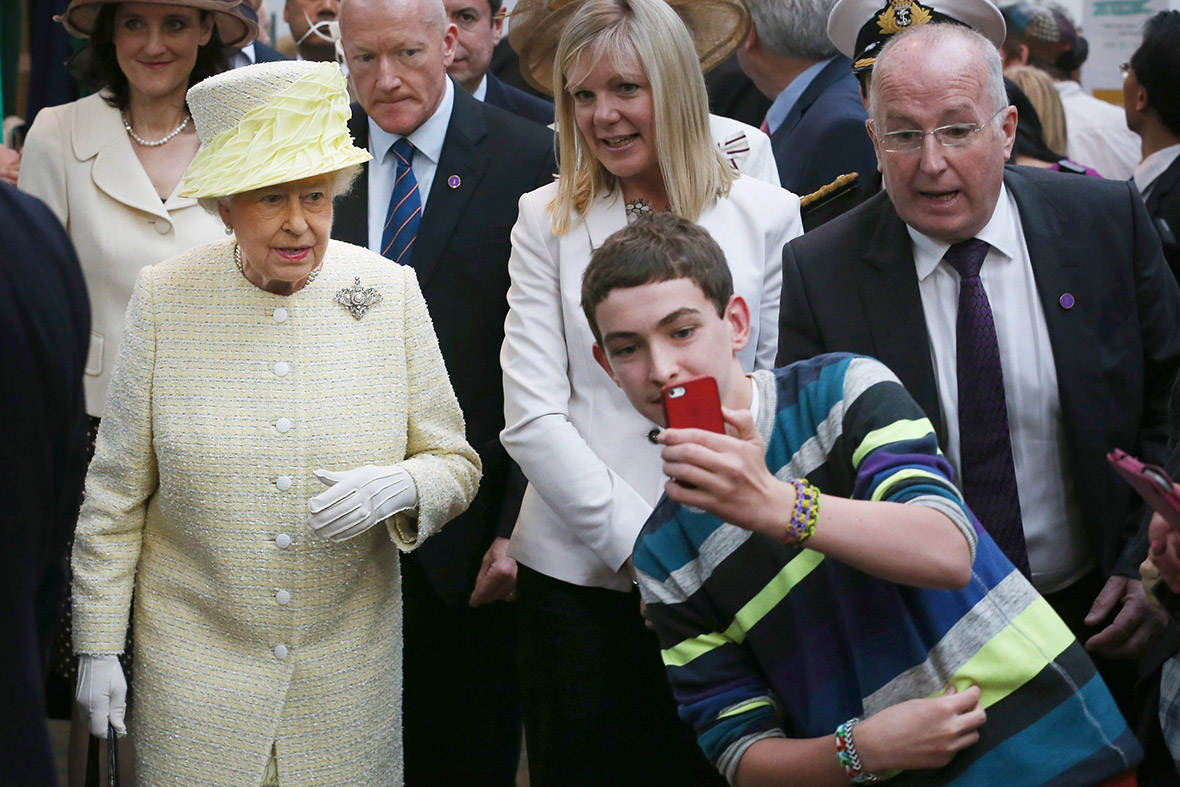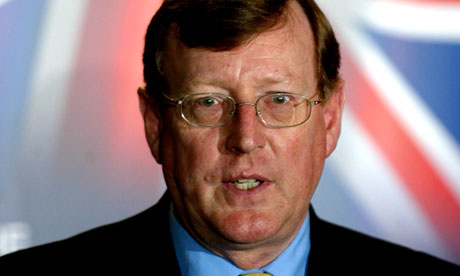Key Events & Deaths on this day in Northern Ireland Troubles
9th March
————————————————————-
Thursday 9 March 1972

Four members of the Irish Republican Army (IRA) died in a premature explosion at a house in Clonard Street, Lower Falls, Belfast.
Saturday 9 March 1974
The United Ulster Unionist Council (UUUC) organise a protest march to Stormont to call for an end to the Executive.
Tuesday 9 March 1976


Anthony & Myles O’Reilly
Two Catholic civilians were shot dead during a gun and bomb attack on their restaurant, the Golden Pheasant Inn, Ballynahinch Road, Baillies Mills, near Lisburn, County Down. The attack was carried out by Loyalist paramilitaries. Merlyn Rees, then Secretary of State, announced the dissolution of the Constitutional Convention.
Sunday 9 March 1986

John Hermon, then Chief Constable of the Royal Ulster Constabulary (RUC), defended the action of the Royal Ulster Constabulary (RUC) during the ‘Day of Action’ on 3 March 1986.
[The RUC had been criticised for not dealing with the high level of intimidation and for not keeping main roads open.]
Monday 9 March 1987
In a sex-discrimination case against the Chief Constable of the Royal Ulster Constabulary (RUC), 31 women RUC officers were awarded £240,000 compensation.
Monday 9 March 1992
Plenary Session of Talks
Representatives of the four main political parties in Northern Ireland held a ‘plenary session’ of talks (later known as the Brooke / Mayhew talks) in Stormont. The parties agreed to meet again following the forthcoming general election.
The Fair Employment Commission (FEC) published a report on the religious composition of the workforce based on returns from over 1,700 employers in Northern Ireland. The report showed that Catholics made up 35 per cent of those employed but 38 per cent of those available for work.
Wednesday 9 March 1994

First IRA Mortar Attack on Heathrow
The Irish Republican Army (IRA) carried out a mortar attack on the perimeter of Heathrow Airport. Although the five mortars fell inside the airport grounds none of them exploded. The mortars were fired from a car parked near to the perimeter fence.
[Police and security services searched the area looking for other vehicles containing mortars but found none. However, this turned out to be the first in a series of three carefully planned attacks on the airport; the others happened on 11 March 1994 and 13 March 1994.]

The House of Commons voted to set up a select committee on Northern Ireland affairs. The Commons also voted to renew the Prevention of Terrorism Act (PTA).
Thursday 9 March 1995

The White House in Washington announced that Gerry Adams, then President of Sinn Féin (SF), would be allowed to raise funds in the United States on behalf of SF and that he would be invited to attend the President’s St Patrick’s Day reception.
[The British government reacted furiously to the announcement and indeed for several days John Major, then British Prime Minister, refused for accept a call from Bill Clinton, then President of the USA. The two men met on 4 April 1995 and began to repair the damage to relations between the two administrations.]

The Queen paid a one day visit to Northern Ireland. During her visit the Queen met Cardinal Cahal Daly, then Catholic Primate.
Saturday 9 March 1996
The Irish Republican Army (IRA) later admitted responsibility for a small ‘improvised device’ which exploded in Old Brompton Road, London. The explosion caused no injuries and only minor damage.
Monday 9 March 1998
Decision Not To Extradite McAliskey

The British government took the decision not to extradite Roísín McAliskey to Germany. The charge related to an Irish Republican Army (IRA) mortar attack on the British Army Osnabruck barracks in Germany on 28 June 1996.
McAliskey was five months pregnant at the time of her arrest. The British decision was based on medical grounds and followed the detention of McAliskey for a period of 16 months during which time she gave birth to a baby girl. McAliskey was subsequently released in April 1998 and returned to Northern Ireland.
[There had been a strong campaign to secure her release in Britain, Ireland, Europe and the United States of America (USA). A number of commentators felt that the timing of the announcement was designed to increase the pressure on Sinn Féin (SF) to rejoin the multi-party talks at Stormont.]
Tuesday 9 March 1999

There was a pipe-bomb attack in Portadown, County Armagh. Nine families had to be evacuated from houses nearby while the device was made safe.
Representatives of the Ulster Unionist Party (UUP) and Sinn Féin (SF) met at Stormont for talks. Paul Murphy, then Political Development Minister, introduced the Implementation Bodies (Northern Ireland) Order in the House of Commons.
Saturday 9 March 2002
Sectarian State Speech by Trimble

David Trimble, then leader of the Ulster Unionist Party (UUP), gave a (scripted) speech to the annual general meeting of the Ulster Unionist Council (UUC) during which he referred to the Republic of Ireland as a: “pathetic sectarian, mono-ethnic, mono-cultural state”.
[The comments provoked widespread criticism from Nationalists in Northern Ireland and in the Republic.]
At a press conference following the meeting Trimble defended his comments. He maintained that what he had said was “self-evident” but refused requests from reporters to provide evidence to support his claims.
During his speech Trimble also called for a border poll to test whether a majority of people in Northern Ireland would favour a united Ireland. He suggested that the referendum be held on the same day as the next Northern Ireland Assembly election (1 May 2003).
[A number of commentators suggested this was a ploy which would have the effect of maximising the UUP vote at the Assembly election.]
During his speech Trimble also criticised the work of the two Sinn Féin (SF) ministers Martin McGuinness, then Education Minister, and Bairbre de Brún, then Minister of Health.
At the UUC meeting Trimble was re-elected unopposed as leader of the party.

Bertie Ahern, then Taoiseach (Irish Prime Minister), later responded to the criticism by insisting that no one would identify the description “sectarian state” with the Republic which did not have “the Drumcrees or the Garvaghy Roads” of Northern Ireland.
—————————————————————————
Remembering all innocent victims of the Troubles
Today is the anniversary of the death of the following people killed as a results of the conflict in Northern Ireland
“To live in hearts we leave behind is not to die
– Thomas Campbell
To the innocent on the list – Your memory will live forever
– To the Paramilitaries –
There are many things worth living for, a few things worth dying for, but nothing worth killing for.
9 People lost their lives on the 9th March between 1972 – 2009
—————————————————————————
09 March 1972

Gerard Crossen, (19)
Catholic
Status: Irish Republican Army (IRA),
Killed by: Irish Republican Army (IRA)
Died in premature bomb explosion in house, Clonard Street, Lower Falls, Belfast
—————————————————————————
09 March 1972
Anthony Lewis, (16)
Catholic
Status: Irish Republican Army (IRA),
Killed by: Irish Republican Army (IRA)
Died in premature bomb explosion in house, Clonard Street, Lower Falls
—————————————————————————
09 March 1972
Sean Johnson, (19)
Catholic
Status: Irish Republican Army (IRA),
Killed by: Irish Republican Army (IRA)
Died in premature bomb explosion in house, Clonard Street, Lower Falls, Belfast
—————————————————————————
09 March 1972
Thomas McCann, (20)
Catholic
Status: Irish Republican Army (IRA),
Killed by: Irish Republican Army (IRA)
Died in premature bomb explosion in house, Clonard Street, Lower Falls, Belfast
—————————————————————————
09 March 1976

Anthony O’Reilly, (43)
Catholic
Status: Civilian (Civ),
Killed by: non-specific Loyalist group (LOY)
Shot, together with his brother, during gun and bomb attack on their restaurant, Golden Pheasant Inn, Ballynahinch Road, Baileysmill, near Lisburn, County Down.
—————————————————————————
09 March 1976

Myles O’Reilly, (41)
Catholic
Status: Civilian (Civ),
Killed by: non-specific Loyalist group (LOY)
Shot, together with his brother, during gun and bomb attack on their restaurant, Golden Pheasant Inn, Ballynahinch Road, Baileysmill, near Lisburn, County Down.
—————————————————————————
09 March 1977
John Reid, (53)
Protestant
Status: Ulster Defence Regiment (UDR), K
illed by: Irish Republican Army (IRA)
Off duty. Shot at his farm, Annaghroe, near Caledon, County Tyrone.
—————————————————————————
09 March 1983
James Hogg, (23)
Protestant
Status: Civilian (Civ),
Killed by: non-specific Republican group (REP)
Shot while renovating houses, Dobbin Lane, Armagh.
—————————————————————————
9 March 2009

Stephen Paul Carroll (48)
Catholic
Status: Police Service of Northern Ireland (PSNI)
Killed by:Continuity Irish Republican Army (CIRA)
Shot dead at Lismore Manor, Craigavon, County Armagh.
First member of the PSNI to be killed. The previous RUC officer killed, died from injuries on 6 October 1998.
—————————————————————————-
Source:


